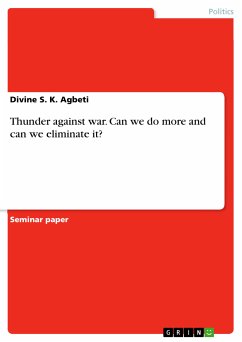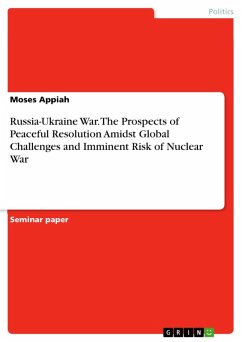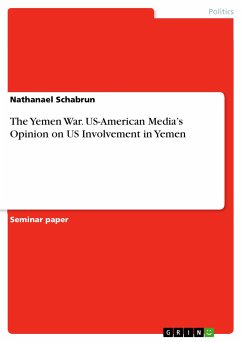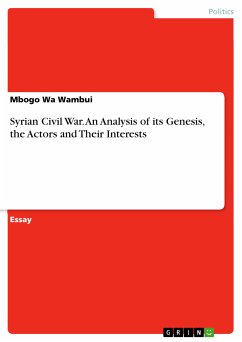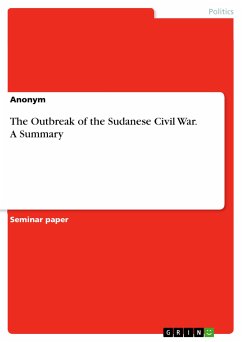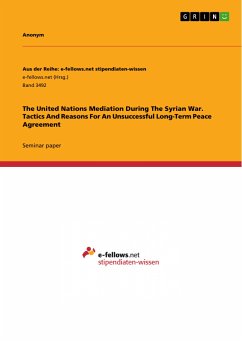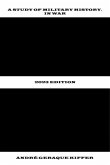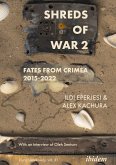Seminar paper from the year 2016 in the subject Politics - Topic: Peace and Conflict, Security, grade: 73, London School of Economics, course: Strategic Aspects of International Relations, language: English, abstract: In answer, this paper supports Christopher Coker's argument that humanity is more likely to remain in the war enterprise, contesting that war's evolutionary process is open-ended and thus inevitable. While the paper argues that we cannot eliminate war, it acknowledges that we can do more to mitigate war. The study will methodically consider how war continues to evolve as part of human nature, culture, and technology to demonstrate that war is unstoppable, then considers the extent to which we can mitigate war and its devastating consequences via institutions and humane warfare. While Plato would argue that "only the dead have seen the end of war" (Bowden, 2001), philosophers and scholars including Immanuel Kant, John Horgan, and Stephen Pinker envisage the long-peace and the end of war. The enders' momentum and optimism to eliminate war is what Gustave Flaubert (1954) would describe as a "thunder against" war. Scholars and philosophers on the enders' platform infer that "humanity has become much wealthier, healthier and more free, and war-related casualties have plummeted since the end of World War Two" (Horgan, 2015), therefore the end of war is possible and imminent. In addition, Pinker, in his seminal work "The Better Angels of Our Nature," posits that humanity is becoming more civilised and less violent since the European Enlightenment, hence there is a little incentive for war. The enders' 'thunder against war' has ignited scholarly and philosophical debates in which John Gray, for instance, disputes that Pinker is wrong about violence and war, stating "peace and freedom alternate with war and tyranny, eras of increasing wealth with periods of economic collapse. Instead of becoming ever stronger and more widely spread, civilization remains inherently fragile and regularly succumbs to barbarism" (Horgan, 2015). In a similar perspective, Christopher Coker, world renowned philosopher of war, proposes that war is fundamental to our society, therefore to eliminate war is to alter humanity. Coker argues that "war is continuing to evolve and that until such time as it reaches an evolutionary dead-end we are more likely than not to remain in the war business" (Coker, 2014, p. 73). But the questions remain: can we do more, and even so, can war be eliminated?
Dieser Download kann aus rechtlichen Gründen nur mit Rechnungsadresse in A, B, BG, CY, CZ, D, DK, EW, E, FIN, F, GR, HR, H, IRL, I, LT, L, LR, M, NL, PL, P, R, S, SLO, SK ausgeliefert werden.

